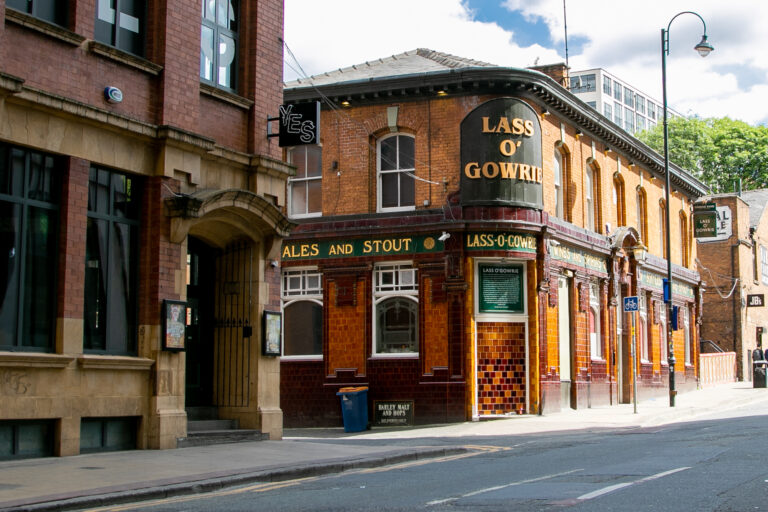Gary Numan at o2 Ritz Manchester

In a castle in the San Fernando Valley lies the lair of music icon Gary Numan.
Today, with a career that has spanned nearly four decades, his approach to electronic music remains an inspiration to artists across genres and eras, from stadium goliaths such as Depeche Mode, Prince and Nine Inch Nails to alternative heroes such as Beck, Damon Albarn and Marilyn Manson. Even Kanye West owes him a debt and David Bowie once credited him with ‘writing two of the finest songs’ in British music. It’s no surprise he recently received the Ivor Novello Award for Inspiration.
Now, Numan has released his 22nd studio album titled Savage (Songs From A Broken World). He’s a busy guy. A self-proclaimed “one-man band”, Numan has always been something of an outlier living on his own terms. These days he manages himself, so he has to balance being the artist with all manner of other duties; booking shows, designing flyers, and endless scheduling.
After the Number One successes of his albums Replicas, The Pleasure Principle and Telekon, he played three Wembley Arena shows in 1981 and then intended to retire from touring to concentrate more on studio work and developing his songwriting skills.
All changed in the early ’90s. Numan stopped listening to other people and started listening to one significant person – his new wife Gemma. When his new album was self-released in 1994 on his own label, Numan’s career was simultaneously being reappraised by the likes of Nine Inch Nails, Saint Etienne and Damon Albarn
Numan had become part of the zeitgeist again. Later on, he’d be sampled by Basement Jaxx (‘Where’s Your Head At’) and The Sugababes (on their huge Number one hit ‘Freak Like Me’). “That ‘Freak Like Me’ song,” he says. “I was really proud of the fact that 25 years after I had written that music it still sounded cool and current.” His experience throughout the ’90s gave Numan the confidence to be hellbent on never pandering to radio or to A&Rs or industry trends. He is staunchly independent. It’s something even today’s young breakthrough acts can look to for inspiration.
Fast-forward to 2017 and he’s taking the exact same attitude forward in his songwriting now. Numan’s past few albums have been much heavier and darker. Interestingly electronic music has now become the sound of the masses due to the availability of cheaper technology at home. Anyone can make music now, which Numan finds liberating and thrilling.
“I don’t want to repeat myself,” says Numan. “People who have been around for a long time often tend to bland out a bit and become more middle of the road, or they hide in nostalgia and live on the back of what they did before. Both of those options are awful. Being proud of your legacy is one thing, but becoming trapped by it is another thing entirely. I’m not one for self-praise but I am very proud of the fact that as I’ve got to the more precarious latter part of my career the music’s got progressively darker and even less radio-friendly. I’ve done the opposite of playing it safe.”



